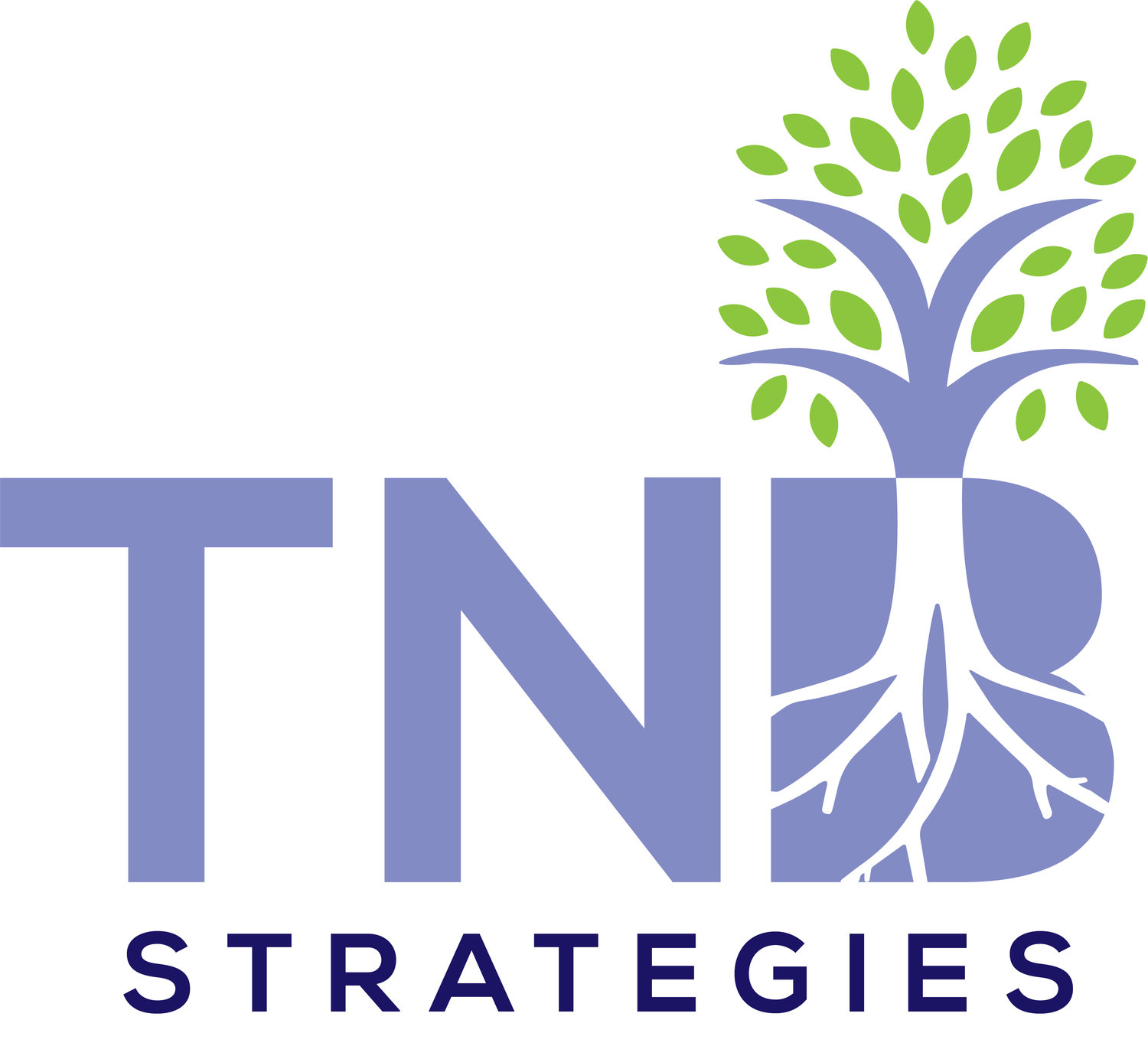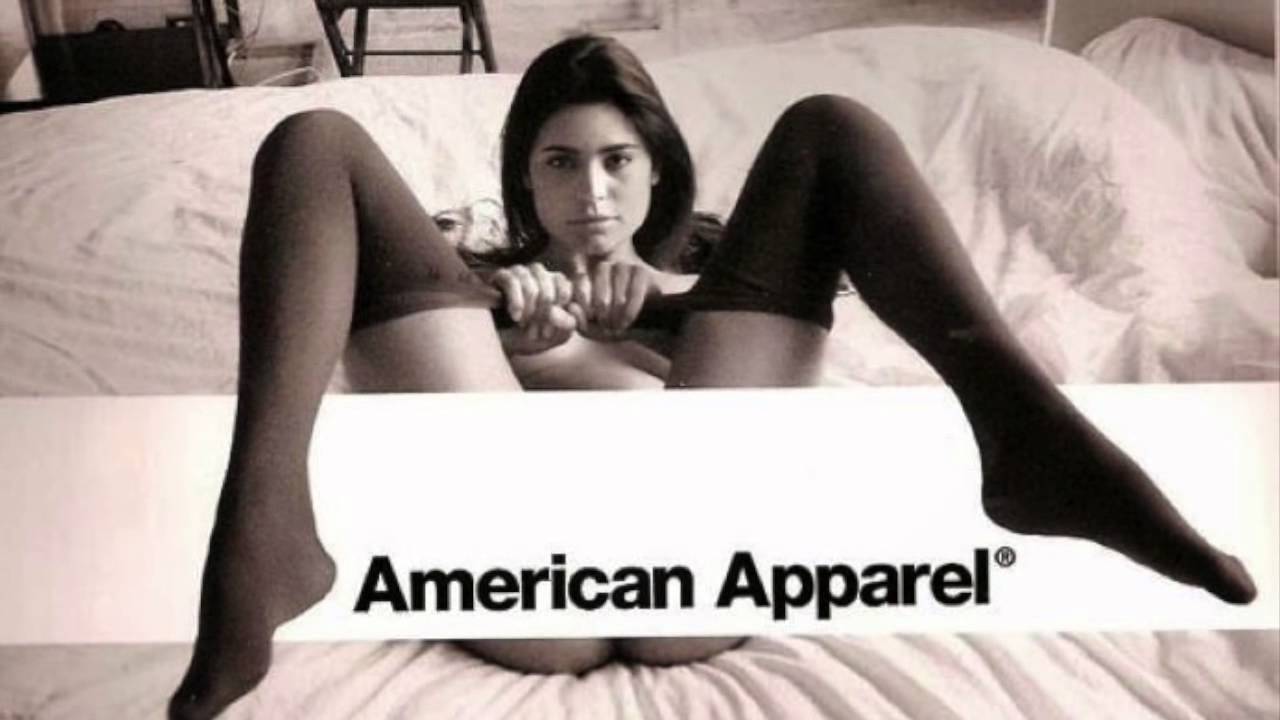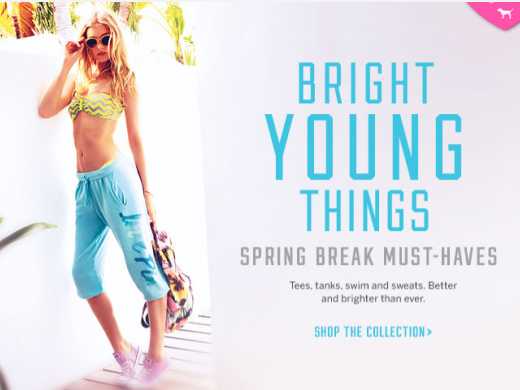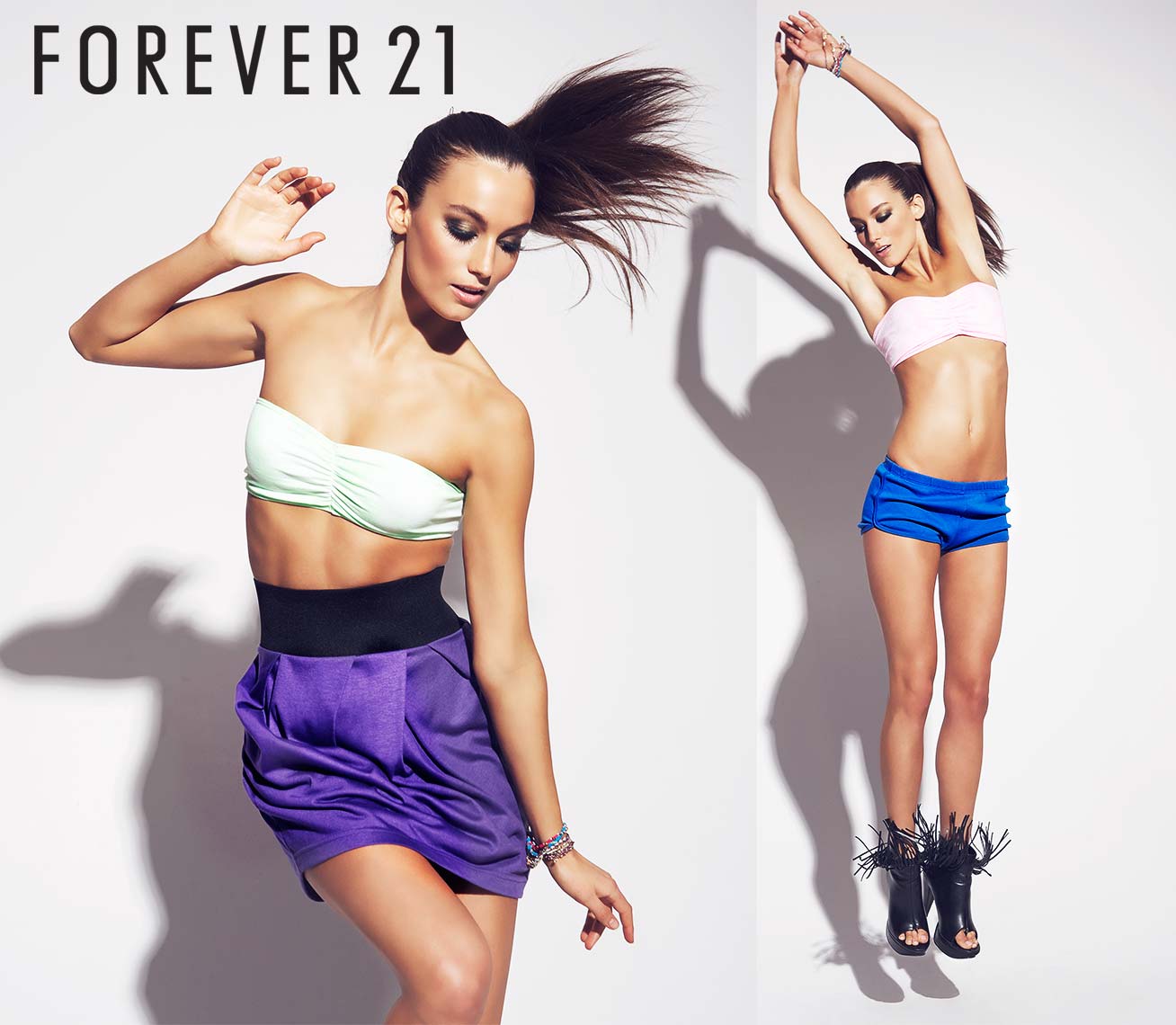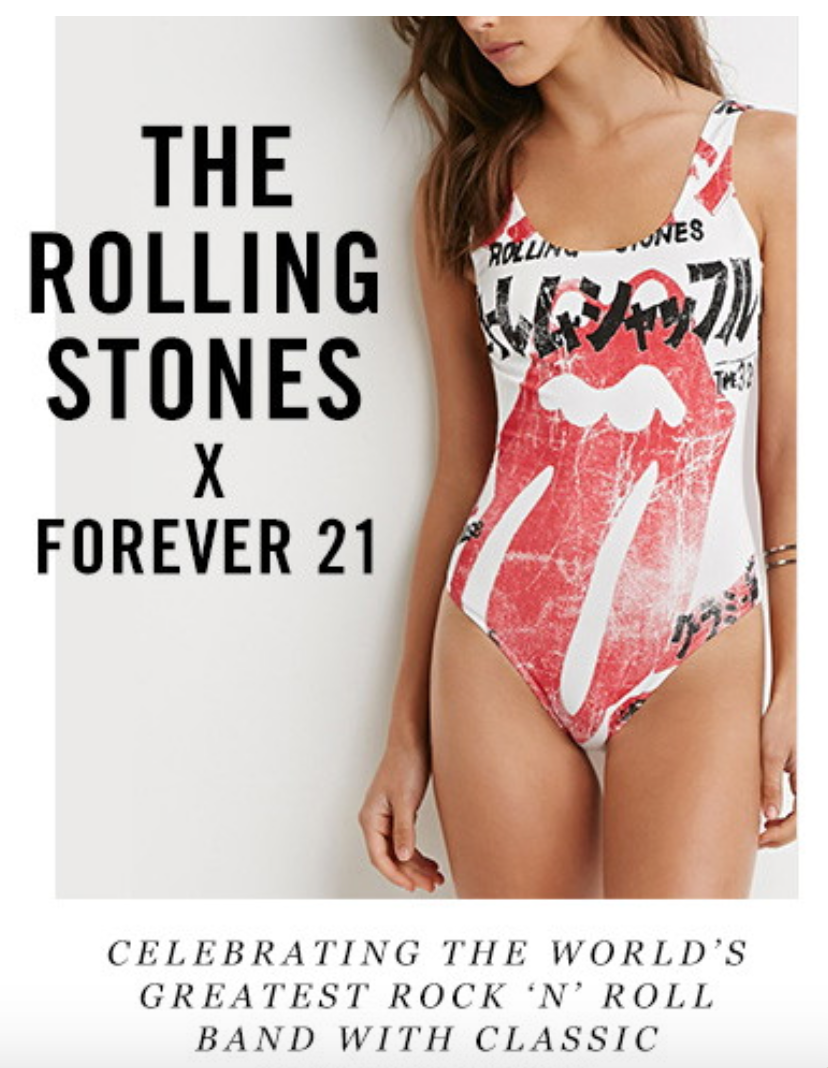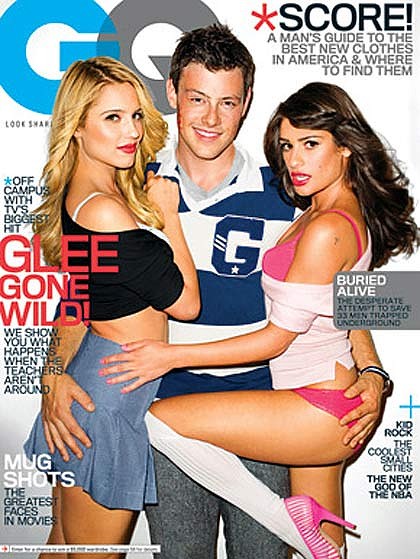What Brands Can Learn From Harvey Weinstein
As Harvey Weinstein becomes the Kleenex of sexual harassment and abuse, I can’t help but reflect on all of the societal influences that make people like him possible. Sure, there will always be sociopaths. But most folks are regular people, influenced by our environs, and what we see reflected and perpetuated in the media. Art imitates life imitates art.
I recently heard a statistic that shocked me. The average child sees more than 3000 ads per day on TV, the Internet, on billboards and in magazines (source: American Academy of Pediatrics). And if you take a deeper look at what advertising targeted to young girls and young women looks like, a good portion of which is fashion- and beauty-related, you see that it mostly features hypersexualized girls.
I heard this in a seminar I attended on how to raise resilient girls, given by a cofounder of a program called Girls Leadership – which exists to “equip girls with the skills to exercise the power of their voice.” It’s funny-not-funny that there is a need for such a program to exist, but this is where we are today, and thank goodness it does, because it means we're way better off than our mothers and grandmothers, and so on.
#metoo has blown up the internet. Women are finding their voices, sharing their stories of harassment, abuse and rape, shining a light on the gruesome fact that none of us are unscathed. Most of the stories I’ve read are from women sharing their stories years and years after their traumas, finally embolden now thanks to strong women like Ambra Battilana, Rose McGowan, Ashley Judd, Angelina Jolie, and the 46 other women who have since come forward. And the 38 women who are now speaking out against James Toback, and of course, we can't forget the 50 women who finally brought Bill Cosby's actions to light, who arguably paved the way for what's happening today.
People say these are the winds of change. I hope so! I hope in my deepest soul, from every part of me—as a woman, a mother of a girl, and a brand strategist.
In the advertising agencies where I worked, we always said we needed to do better. We tried to do better, and sometimes we succeeded (Similac and Gardasil). And we were forever envious of other brands that were doing better (Dove, Always).
I can’t help but think of all the other brands out there that have a tremendous opportunity and responsibility to do better. I call on all of you in media and advertising to aspire to be and to do better, everyone.
It’s true that girls’ self-confidence declines around puberty (sharpest between 5th and 9th grades, to be exact), an insight that inspired Always to build their “Like a Girl” campaign in 2014. At the Raising Resilient Girls’ seminar I attended the other night, I also learned that the exponential decline in girls’ self-confidence is directly inverted with the exponential rise in their desire to change their appearance.
Source: ROX 2017 research study, A Girl's Index
As Always pointed out, this doesn’t happen in a vacuum. It happens because everything they see makes them believe they aren’t worthy when they don’t measure up to society’s image of the beautiful, skinny, smiling, pleasing woman. It’s insidious, that image of perfection; it’s in the shows and movies they watch, it’s the merchandising in stores and in the advertising they see literally everywhere they turn. And of course, most won’t measure up to that unachievable ideal, because it either requires genetics (very rare) or an eating disorder (much less rare).
I know all the brands out there who use sex and the unachievable ideal to drive sales have something more to offer our young women and girls. Wouldn’t it be great if you could play a role in shifting the confidence dynamic? It isn’t hard to find something meaningful or empowering to say to young women. You just have to scratch beneath the surface the way Always did, and the way Dove has been doing with “Real Beauty” since 2004, and the way Secret did with their anti-bullying #MeanStinks campaign since 2010.
And no, I don’t believe these brands found the only available inspiring angles for our girls.
Which brings me to the point of this post. What can brands learn from Harvey Weinstein? It’s pretty simple, really. Brands can strive to honor women, not objectify them.
Here’s how: Leverage insights that build women up from the inside, not just the outside, especially if yours is a fashion or beauty brand. Those insights exist! And they’re plentiful.
Think Dove. After a decade of honoring women, Dove leveraged another “beauty” insight, that we (women) are our own harshest critics, which spawned “Sketches." And the insights keep coming. Insights directly connected to their brand promise, because their brand promise is big, and it’s empowering, and it allows their brand to continually evolve in a highly relevant manner that also continually cements their category leadership position.
We are complex beings. Use that to your advantage and create target profiles with dimension. Build your brand purposes on the foundations of generosity, truth, justice, respect, and honoring the self. Include an imperative in your creative briefs that asks key stakeholders to evaluate the creative product with this question in mind: How are we honoring women in this effort. And champion creative that does just that.
Isn’t it time to wield the awesome power of persuasion for good? To change the definition of success from just sales to sales plus societal impact? I think we can do better—and make money at the same time. Dove and Always have shown us how. It’s time for others to step up to the plate.
When you do, I promise your ads will be much more interesting to us. We will do more than talk about them: we will buy your products. That is how you turn conversation into commerce. Imagine that!
And…I can’t pass the opportunity to sign off with a little call-to-action of my own. If you need help getting started, my business partner Denise Vitola and I would be so very thrilled to help you.

